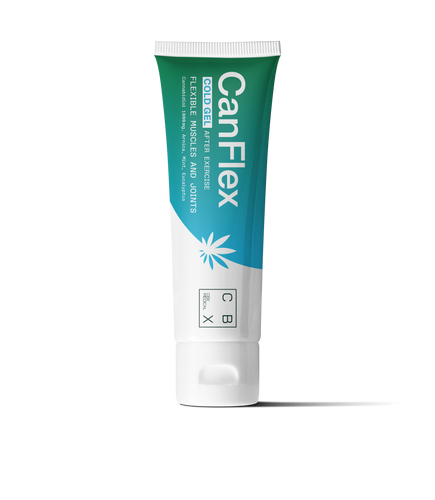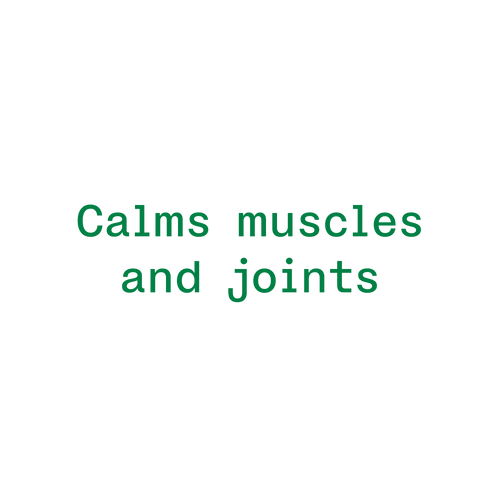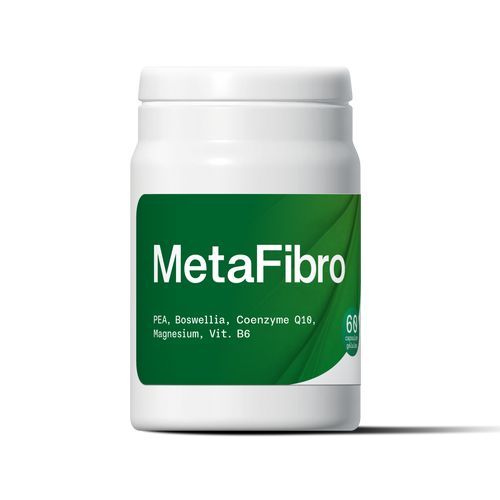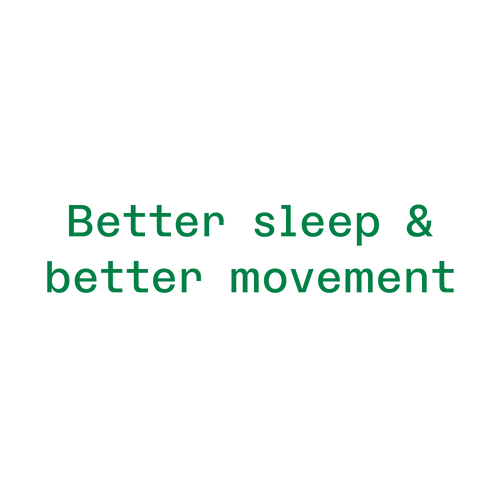A session of physical activity allows you to decompress. Indeed, after sport, we feel satisfied and relaxed. So that this celebration is not only short-lived, we must learn to adopt the right actions. In addition, without good recovery, acute aches and muscle injuries will wait around the corner after the efforts. But still, recovering remains important from the perspective that it is a phase which allows you to replenish your energy and therefore feel in shape again. In short, whether you practice sport for fun or are a seasoned athlete, neglecting the recovery phase is never a very good idea.
How to recover well after sport? The answers in this article.
What we notice first after physical exertion is that we are very thirsty. For good reason, we are simply dehydrated. Indeed, sporting activity leads to sweating and the production of less saliva. Moreover, the harder the efforts, the greater the dehydration. It is therefore essential to hydrate well by drinking at least 1.5 L of water during and after training. In doing so, we compensate for water losses.
Sporting activity also causes shortness of breath. Indeed, in order for the body to have the oxygen level necessary for its proper functioning, the respiratory rate increases. In addition, the heart rate also accelerates to allow blood circulation to complete its journey.
Furthermore, we cannot forget the fact that we are tired after sport. Physical effort burns a lot of calories, forcing the body to draw on its reserves to be able to withstand the training until the end. And when energy reserves are depleted, then comes exhaustion. The stress on the muscles and joints during exercise can also lead to minor ailments such as cramps, aches or even side stitches.
However, aside from all this, practicing a sporting activity promotes good mood and increases self-confidence. The secretion of happiness hormones during exercise is the explanation. Indeed, dopamine and endorphin invade the body during and after sport. The release of these hormones then provides a real feeling of well-being and joy.
How and why to warm up before exercise?
Warming up before exercise allows you to prepare yourself physically and psychologically for the activity that follows.
- Physically, because it is essential to warm up the muscles and get your heart rate up before exercise. This allows you to train more safely while avoiding the risk of muscular accidents.
- Psychologically, because good mental preparation allows you to be better motivated and improves performance.
It is therefore recommended not to skip this step. Especially since there is no shortage of warm-up movements.
- Rotations.
- Flexions.
- Knee-chest.
- Heels-butt.
- Jumping Jacks.
- Dynamic stretching.
You must do at least 15 minutes of warming up before exercise. By doing so, you improve your ability to recover after training .

Joint pain, what is it?
Joint accidents are common when playing sports. This will be even more so if we neglect the warm-up. Joint pain mainly linked to sport are:
- sprain;
- dislocation;
- elongation;
- tendonitis.
These various ailments generally have a traumatic origin (fall, blow, etc.). Sometimes the pain can be due to inflammation in the joints.
If joint pain occurs after sporting activity, it is possible to relieve the suffering by applying CBD oil to the area that hurts. Indeed, CBD is an effective anti-inflammatory and analgesic.
Muscle pain, what is it?
Athletes often suffer from muscle pain. This is explained by the fact that the effort requires hard work of the muscles. The latter will then suffer inflammation or tears which can be more or less serious. The most common muscle pains during sporting activity are:
- cramps;
- aches;
- breakdowns;
- muscle tears.
These ailments particularly affect the muscles of the arms, shoulders, back, hips and legs. Muscle pain can occur 1 to 2 days after exercise; and then persist for a few days. Here again, if we neglect the warm-up stage, the pain may be more intense and last longer.
In any case, to soothe the muscles after exercise, it is possible to perform a massage with CBD gel.

How and why to stretch after exercise?
After physical exertion, the muscles will contract and become numb. To allow them to regain their initial length as well as their flexibility, it is essential to stretch. Be careful though, stretching should not be done at any time or anyhow if you want optimal recovery.
After sustained efforts, it is recommended to wait a little while after the session before stretching. This time allows you to benefit from better muscle healing by letting the blood circulate well in the body. So, doing static stretching a few hours after a workout, or even at the end of the day, helps you relax better. To do this, it is necessary to proceed zone by zone, for one minute per muscle. Finally, don't forget to stretch while breathing deeply.
It is important not to stretch if a muscle or joint injury has occurred during a sporting session, as this risks aggravating the situation.
If, on the contrary, the activity did not require much effort, you can stretch directly after the session. It is still essential to ensure that stretching is low intensity and short in duration.
What other precautions should you take to promote recovery?
In addition to doing a good warm-up and stretching; and to prioritize hydration, here are other precautions that allow you to get in shape very quickly .
- Take an ice bath. Showering with water of up to 18°C after training helps regulate body temperature, because the body will create its own heat. In addition, after an icy shower, blood circulation will be smoother. This practice of cold bathing has been proven for more than a century, thanks to Father Kneipp.
- Stock up on carbs and protein. Providing carbohydrates to the body just after exercise helps maintain insulin levels. 2 or 3 hours after training, you can have a snack or a high-protein meal to fill the energy spent during sport.
- Sleep well. Ensuring good quality sleep allows you to recover more quickly. 7 to 8 hours of sleep per night are necessary for complete regeneration of muscle cells.




